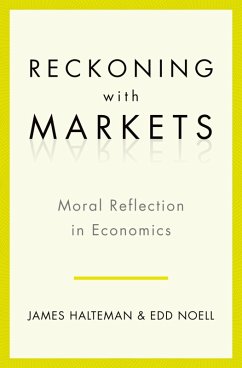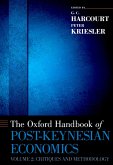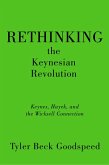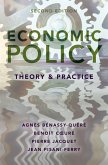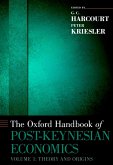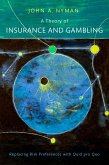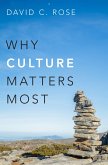Undergraduate economics students begin and end their study of economics with the simple claim that economics is value free. Only in a policy role will values and beliefs enter into economic work; there can be little meaningful dialogue by economists about such personal views and opinions. This view, now well over 200 years old, has been challenged by heterodox thinkers in economics, and philosophers and social scientists outside the discipline all along the way. However, much of the debate in modern times has been narrowly focused on philosophical methodological issues on one hand or theological/sectarian concerns on the other. None of this filters down to the typical undergraduate even in advanced courses on the history of economic thought. This book presents the notion that economic thinking cannot escape value judgments at any level and that this understanding has been the dominant view throughout most of history. It shows how, from ancient times, people who thought about economic matters integrated moral reflection into their thinking. Reflecting on the Enlightenment and the birth of economics as a science, Halteman and Noell illustrate the process by which values and beliefs were excluded from economics proper. They also appraise the reader with relevant developments over the last half-century which offer promise of re-integrating moral reflection in economic research. With the advent of interdependency concepts and game theory, behavioral economics and the infusion of other social sciences, especially psychology, into economic considerations, the door is once again open to moral reflection. It is a sensitive subject that can be divisive for many and there is little if any assessable literature on the topic at the undergraduate level. One way to approach the subject is to follow the path of the great thinkers of the past and observe how they worked through economic issues from a set of values that was foundational to their thinking. This places moral thinking in a context illuminating the complexity and importance of moral reflection and illustrating its impact on the culture of the times.
Reckoning with Markets follows this method with a deliberate effort to cast the material in terms that will engage the undergraduate student. A number of vignettes which apply the perspectives of key figures in the history of economic thought to modern values and policy questions are provided.
Dieser Download kann aus rechtlichen Gründen nur mit Rechnungsadresse in A, B, BG, CY, CZ, D, DK, EW, E, FIN, F, GR, HR, H, IRL, I, LT, L, LR, M, NL, PL, P, R, S, SLO, SK ausgeliefert werden.

